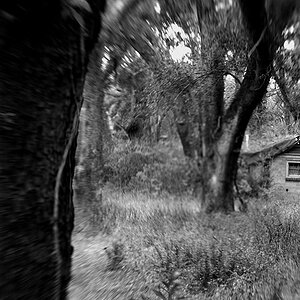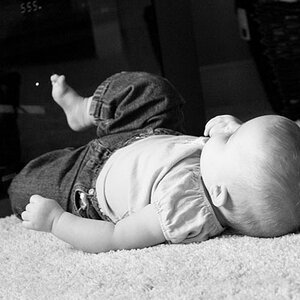selmerdave
TPF Noob!
I read recently in a photography book that the human eye seems to perceive motion at roughly 1/15th of a second. Objects in motion will appear about as blurred in a photo taken at 1/15th of a second as they do to the naked eye. I don't know whether many people agree with this but it makes some sense to me.
I'm wondering if anyone knows of a similar equivalent for depth of field, or if anyone would like to guess one, say with a 50mm lens. f4?
Dave
I'm wondering if anyone knows of a similar equivalent for depth of field, or if anyone would like to guess one, say with a 50mm lens. f4?
Dave


![[No title]](/data/xfmg/thumbnail/32/32153-05f63098d8752b05df53dfa6ae8d6e7d.jpg?1619735234)
![[No title]](/data/xfmg/thumbnail/30/30863-8c53522e4ed851e96cb7411e74b9fe59.jpg?1619734482)







